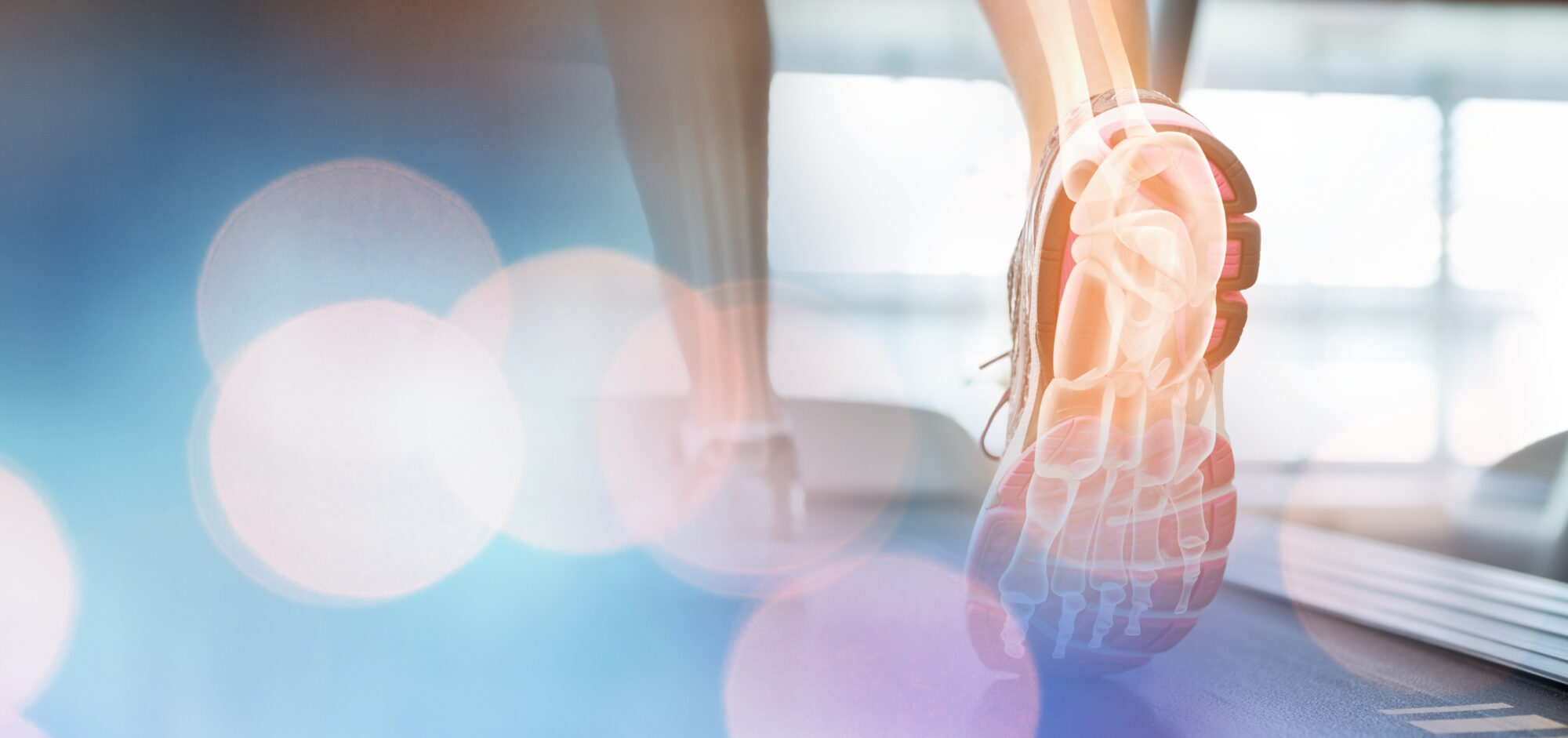Most of us hardly give our feet a second thought (unless there’s a problem with them). We pull on our socks, place our feet into some preferred footwear, and expect them to provide uncomplaining support throughout the day! In the last year, many of us have swapped our slippers for formal office footwear and have been relying on our feet to get us safely to and from the office for at least some of the week.

It’s fair to say that your feet are one of the most overworked, underappreciated, undervalued parts of your anatomy and deserve your attention!
Mr Lloyd Williams, MB BS FRCS (Tr&Orth)
Leading London consultant foot and ankle surgeon

Our feet are one of the most critical parts of our anatomy, and yet many of us tend not to give them the attention they deserve! They bear the weight of our entire body and support us as we move around. They play a crucial role in most of our everyday activities, from walking and running to standing and sitting.
Taking care of your feet can help prevent injuries and infections and can also aid in maintaining overall mobility and independence.
One of the most important functions of the feet is to provide a stable base of support. The feet can adapt to different surfaces and environments, which helps us maintain balance and stability. The arch of the foot also helps to absorb shock and distribute weight evenly, which reduces the stress on the joints and muscles of the foot and lower leg.
Many of us do not pay much attention, if any, to our feet; however, they play a pivotal role in our lives as they are critical to our mobility and independence. Essential for helping us get around – walking, running, climbing stairs, standing, and sitting, to name a few! They also help us perform many other activities, such as playing sports and dancing.
In addition to physical support and mobility, feet are rich in nerves and blood vessels, which makes them important for maintaining overall health and well-being. Proper foot care and hygiene are essential in preventing injuries and infections and can also aid in maintaining overall mobility and independence. Maintaining healthy feet can also improve overall body posture and balance, which can help to prevent other musculoskeletal injuries or conditions.
Get those foot problems checked out!
It’s important to have any problems with your feet checked out because they can significantly impact the health of other parts of the anatomy.
Some of the ways that a mechanical foot condition can affect the health of other parts of the body:
- Gait and balance: Mechanical foot conditions such as flat feet or high arches can affect how a person walks (gait) and their balance. This can lead to problems in the knees, hips, and lower back and an increased risk of falls.
- Joints: Mechanical foot conditions can also put additional stress on the joints of the foot, ankle, knee, hip, and lower back, leading to pain, inflammation, and degeneration.
- Muscles: Mechanical foot conditions can also affect the muscles of the foot and leg, leading to weakness, tightness, and strain. This can lead to problems in the foot, ankle, knee, hip, and lower back.
- Nerves: Foot conditions can also put pressure on nerves in the foot, leading to numbness, tingling, and other nerve damage symptoms.
- Psychological effects: Having a foot condition can also have psychological effects, such as depression, anxiety, and decreased self-esteem due to pain, difficulty moving around or social isolation.
Examples of early warning signs and symptoms of more serious health conditions, that can be present in the feet:
- Sudden, severe pain or swelling in the foot or ankle
- Changes in skin colour or temperature in the foot or ankle
- Numbness or tingling in the foot or ankle
- Open sores or ulcers on the foot or ankle
- Persistent pain or discomfort in the foot or ankle
- A visible deformity in the foot or ankle
- Difficulty walking or bearing weight on the foot or ankle
- Loss of toenails
- Thickened or discoloured toenails
- Coldness in the feet, poor circulation
These symptoms may indicate conditions such as peripheral artery disease, diabetes, or an infection. It is important to consult with your GP if you experience any of these signs or symptoms, and they may refer you to a consultant foot specialist for further investigation.
It’s important to note that foot conditions can be progressive, which means that if left untreated, they can lead to more severe symptoms and complications. It’s important to take care of your feet and to see a specialist if you have any concerns about your foot health.
Early diagnosis and treatment can help to prevent the condition from worsening and prevent negative effects on other parts of the body.
Contact or book a consultation with Mr Lloyd Williams
Mr Williams practices from the London Orthopaedic Clinic which is based at OneWelbeck in Marylebone, W1.

The London Orthopaedic Clinic (TLOC) was founded in 2008 by a group of nine Orthopaedic Surgeons. It has a simple goal: to provide high quality, expert orthopaedic and musculoskeletal-related diagnostics, treatment, management and care. TLOC has grown to become a well-established, highly-regarded, cohesive clinic with a team of over 20 leading specialists.

OneWelbeck is one of the country’s largest specialist facilities for diagnostics, therapies and minimally invasive surgery. Their Orthopaedics & Sports Medicine Centre has an integrated team of orthopaedic surgeons, sports medicine physicians, podiatric surgeons, rheumatology specialists, pain medicine consultants, and hand therapy specialists.
